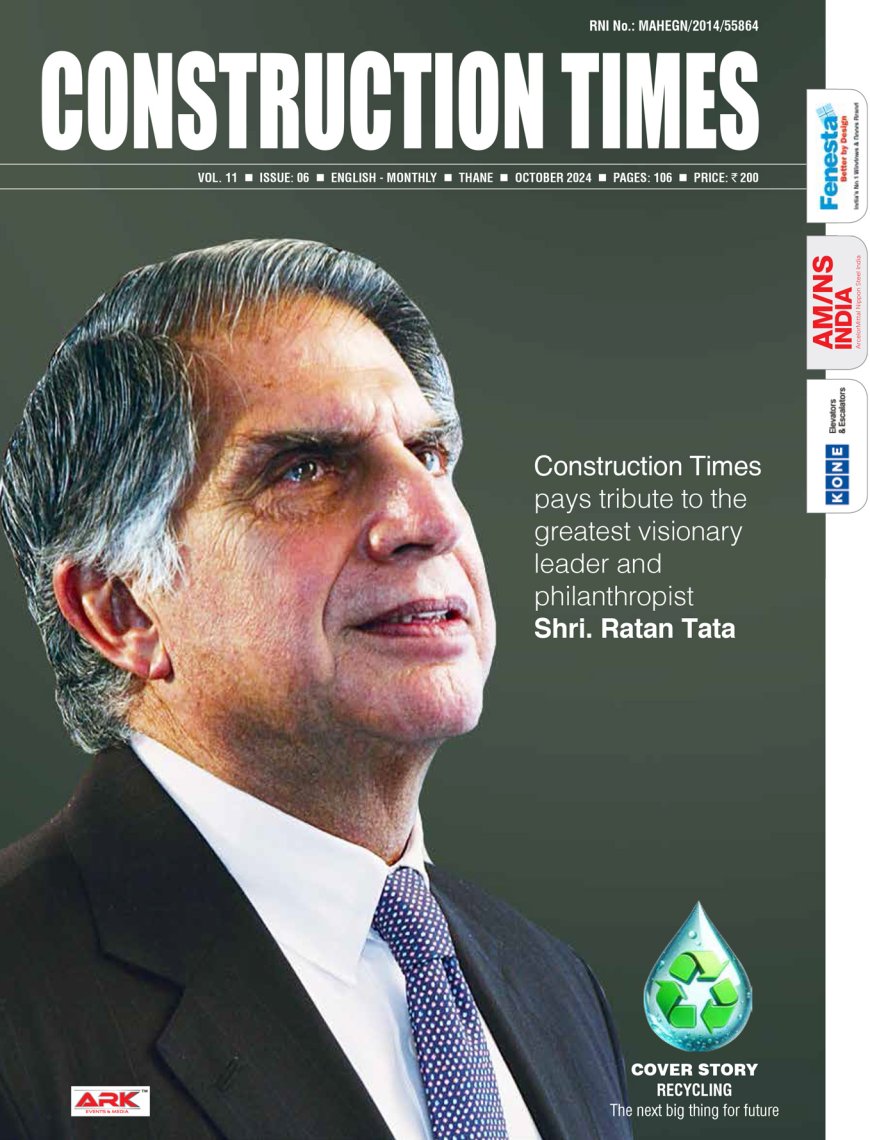Budget must aim to boost domestic stainless steel manufacturing: ISSDA
In order to augment domestic manufacturing, the domestic stainless steel industry body, Indian Stainless Steel Development Association (ISSDA),

[vc_row][vc_column][vc_column_text css=".vc_custom_1578981279156{padding-bottom: 10px !important;padding-left: 50px !important;background-color: #81d742 !important;}"]
Key factors
Ø Abolishing basic custom duties on import of key raw materials like,
- Stainless steel scrap, Ferro-Nickel currently at 2.5%
- Graphite Electrodes currently at 7.5%
Ø Increase Basic Customs Duty on finished stainless steel products
- Stainless steel flat products from 7.5% to 12.5%
- Level playing field against unchecked imports
[/vc_column_text][vc_column_text]

In order to augment domestic manufacturing, the domestic stainless steel industry body, Indian Stainless Steel Development Association (ISSDA), has recommended some curative measures to the government ahead of the Union budget 2020. In its recommendation submitted to the Ministry of Finance, ISSDA has sought nil duty on import of key raw materials, including ferronickel and stainless-steel scrap, which are not available in the country and must necessarily be imported. The association has further suggested a simultaneous imposition of 12.5 per cent customs duty on stainless steel flat product imports in order to bring it at par with carbon steel. ISSDA has also sought the abolition of 7.5% import duty on graphite electrodes as it constitutes a major raw material for stainless steel manufacturing. On the other hand, the association has suggested that a minimum export duty of 20 per cent should be imposed on graphite electrodes, thus ensuring priority treatment and availability for domestic customers. These measures are expected to boost domestic stainless steel production and protect Indian manufacturers who are currently facing the dual challenge of excessive dumping by other major stainless steel producing countries like Indonesia, China, and other Free Trade Agreement (FTA) countries, and non-availability of key raw materials in the country.[/vc_column_text][vc_column_text]Asserting the industry demands, President, ISSDA, KK Pahuja, said, “At a time when the government is assessing its trade relations with other countries and trade blocks, it is also necessary to boost domestic manufacturing by reducing high input costs. The Indian stainless steel industry has reached an inflexion point where support from the government, for the availability of raw materials at zero duty, will help preserve its competitiveness. We urge the government to not see the duty on raw materials as a revenue source; rather, consider the larger vision of higher manufacturing growth resulting in job creation, a push for the 'Make in India' drive, and contribution towards the US$ 5 trillion Indian economy target by 2024.”[/vc_column_text][vc_column_text]
The government took a significant decision by withdrawing from the Regional Comprehensive Economic Partnership (RCEP) treaty. However, rampant imports from FTA countries continue to harm the domestic stainless steel industry. The government must proactively review the existing FTAs to ensure a level-playing field for the Indian producers.
Despite the brimming global trade challenges, India continues to be the second-largest producer and consumer of stainless steel. The demand for stainless steel in India is growing at a compound annual growth rate (CAGR) of ~8-9% across an array of applications. However, Indian per capita consumption of stainless steel is 2.5 kg against the world average of 6 kg. Moreover, the capacity utilization of the Indian stainless steel manufacturers is stagnant at 60-70% as cheap imports engulf a significant market share. Further, high input costs reduce the competitiveness of domestic players globally. Nevertheless, stainless steel continues to be the fastest-growing metal in the country as it is a natural alternative for trustworthy, sustainable, and green solutions.
[/vc_column_text][/vc_column][/vc_row]
Hits: 162















